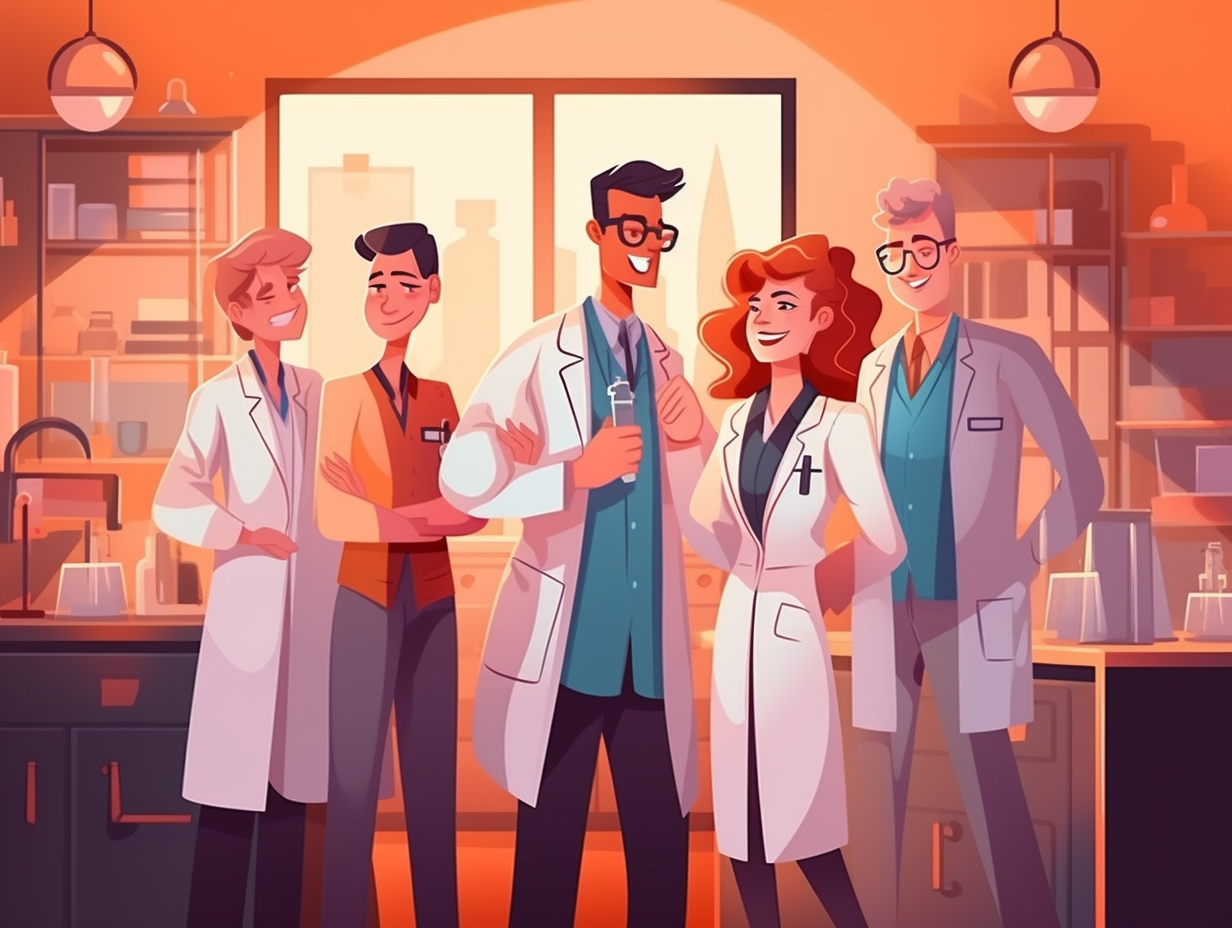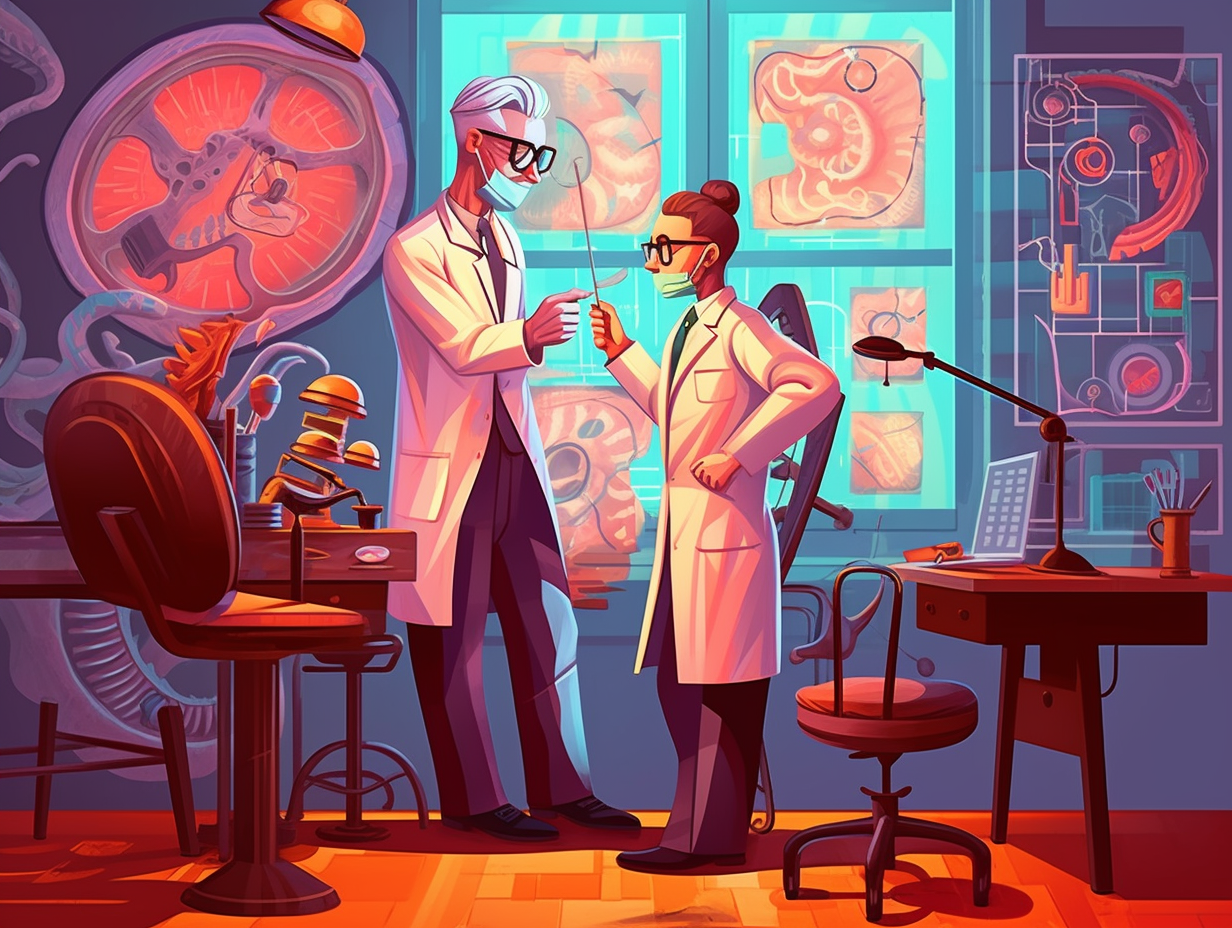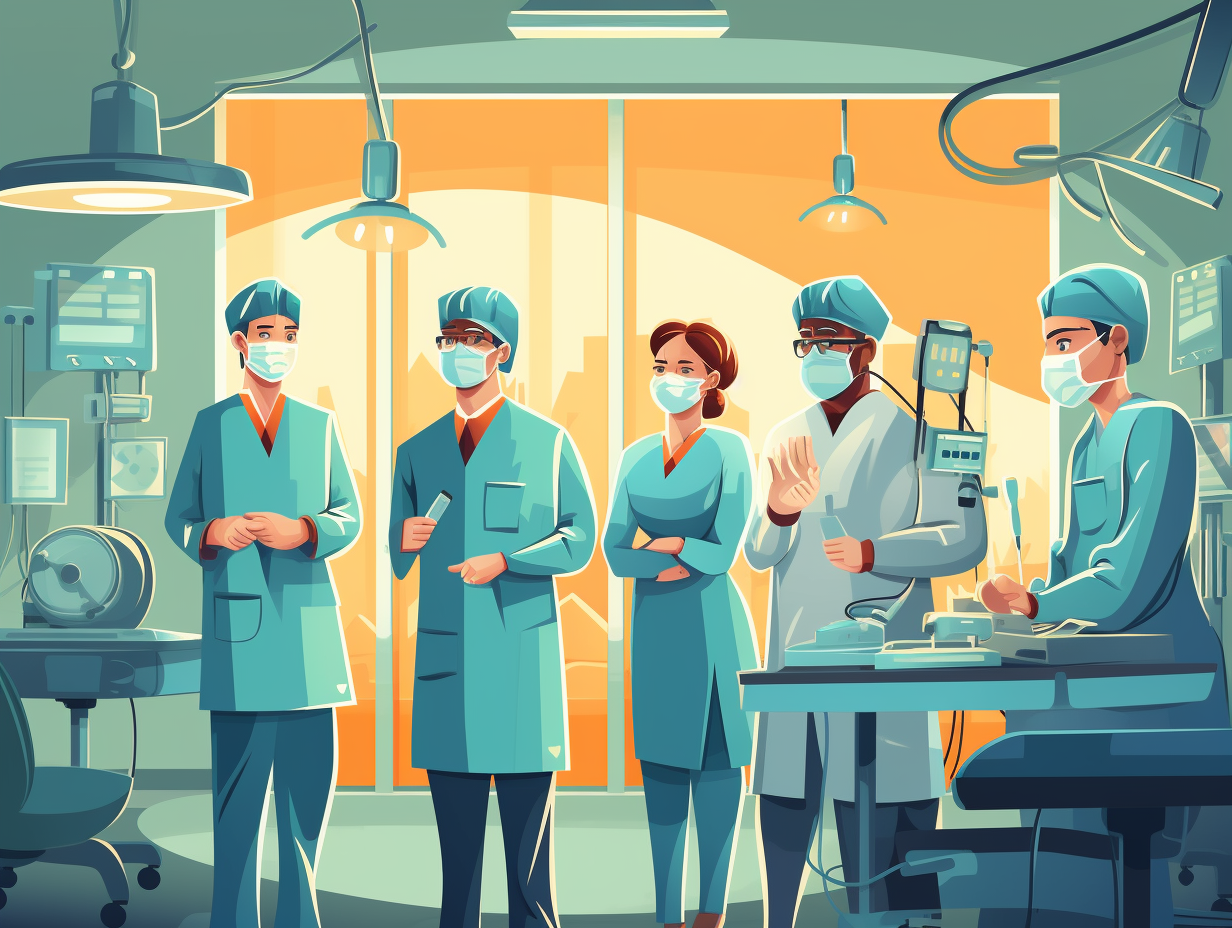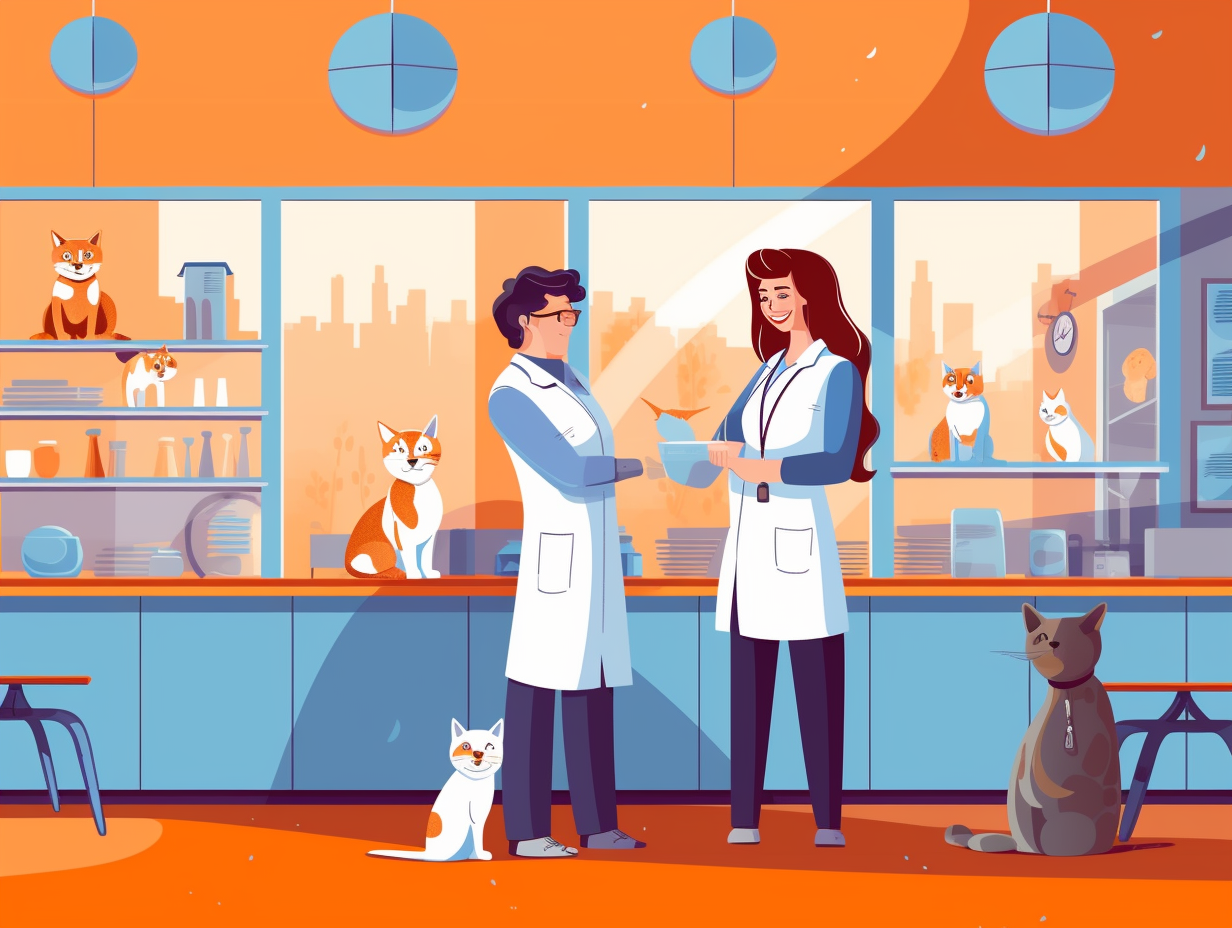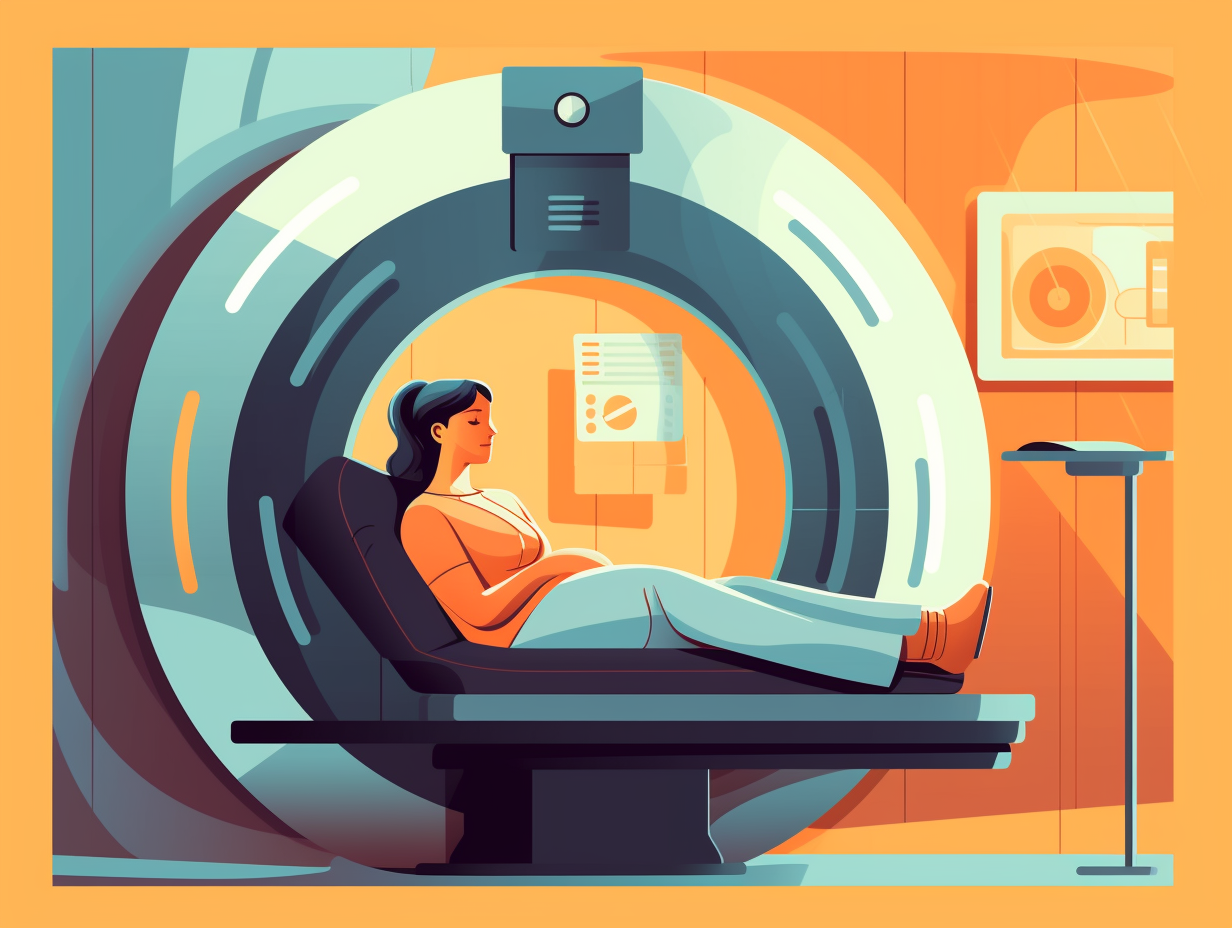Discover the Heart of the Matter: Top 13 Fun Facts About Cardiologists You Never Knew!

1. Heart Whispers & Decoding ECGs
Cardiologists: the masters of "hearty" affairs, tirelessly pursuing the rhythm of life through clogged vessels and rapid palpitations! These unsung heroes dedicate over a decade to steal the secrets of our ticker and vow to keep up with the ever-pulsating advancements in their field to ensure our lifelines never miss a beat.
Source => my.clevelandclinic.org
2. Pacemakers: Electrifying Heartbeats
Pacemakers: not just for Grandma's old TV remote anymore! It turns out that around 600,000 of these handy heart helpers are implanted worldwide each year to keep the beat going, but it's not actually cardiologists who put them in place. The real heartthrob doctors are the cardiac electrophysiologists, who specialize in treating heart rhythm disorders and making sure our internal metronomes stay on track.
Source => ahajournals.org

Did you know that even experienced cardiologists only achieve about 80% accuracy in heart screenings using a stethoscope? Discover how advanced technology and AI are revolutionizing cardiovascular disease diagnostics!
=> Fun Facts about Doctors
3. Stethoscope: Birth of Personal Space
Before the stethoscope, doctors got an earful of heartbeats and belly rumblings like they were laying their heads on nature's quirky, living podcast: Enter Dr. Laënnec’s 1816 wooden tube invention, the OG stethoscope that granted physicians a 'personal space' buffer whilst tuning into the body's inner symphony.
Source => bswhealth.com
4. Cardiac Catheterization Adventures
Heard of bizarre heart-to-hearts? Fear not, no awkward conversations here, just crafty cardiologists seeking answers to life's rhythmic questions: During cardiac catheterization procedures, they can diagnose and treat various heart issues by measuring pressure, oxygen levels in different heart sections, and even nabbing a tiny piece of tissue for scrutiny.
Source => mayoclinic.org
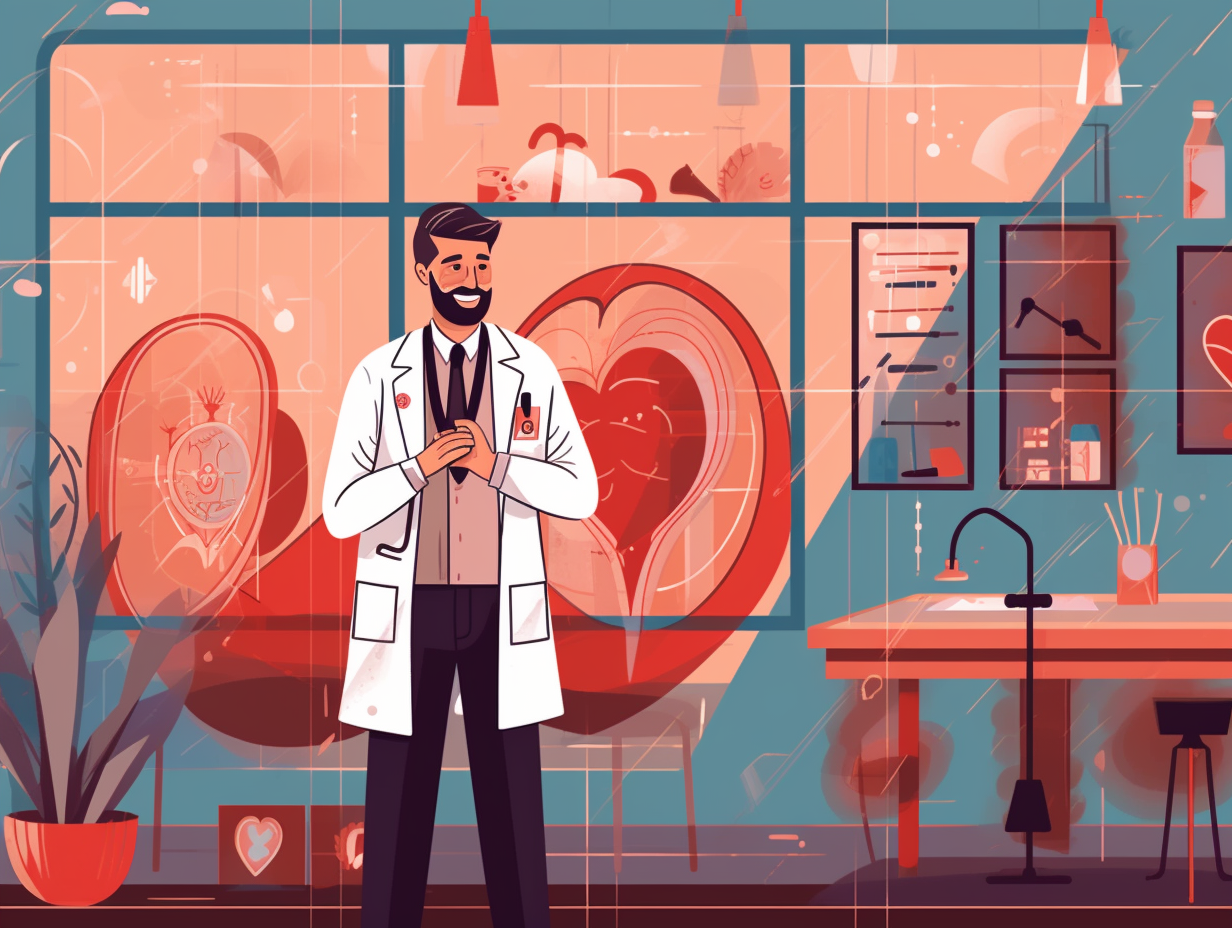
5. Treadmill Workouts: James Bond Edition
When treadmill workouts feel as personalized as a custom-tailored suit stitched by a dapper British secret agent: it's thanks to trained exercise physiologists who artfully adjust the speed and elevation to perfectly match your ability to walk and overall fitness level.
Source => my.clevelandclinic.org
6. Superfoods: Airbnb for the Heart
If your heart were an Airbnb, it would definitely leave a 5-star review for these budget-friendly superfoods that specialize in cholesterol-cleaning services: According to cardiologist Dr. Elizabeth Klodas, simply adding oatmeal, almonds, chia seeds, broccoli, and watermelon to your diet can significantly reduce LDL cholesterol levels and improve your heart health without just depending on medications.
Source => cnbc.com
7. Balloon Parties for Blocked Arteries
Heart unblocking, balloon style: It's not exactly a whimsical heart-to-heart between a cardiologist and your arteries, but angioplasty does involve inflating a tiny balloon catheter to widen any blocked blood passages. The fun doesn't end there; it's often paired with a stent-placement extravaganza to keep the artery wide awake and prevent it from dozing off again. And let's not forget the pièce de résistance – these stents come decked out in fancy medication coatings, ensuring plaque dares not make a comeback! However, a heart-friendly life awaits post-procedure, so don't forget to keep up the healthy habits and prescribed medications to let your heart shine.
Source => mayoclinic.org
8. ECGs: Decoding Encrypted Love Letters
Cardiologists don't need X-ray vision to read your heart – they're practically masters of the ECG Matrix: With an uncanny ability to interpret electrocardiograms (ECGs), these heart-whisperers can spot cardiac abnormalities based on their years of experience and role in the healthcare system, using eye-tracking technology to quantify their visual behavior while decoding ECGs like encrypted love letters.
Source => ncbi.nlm.nih.gov
9. Secret Valves: Heart's Hide and Seek Game
Hearts be playin' hide and seek with fate, for some harbor secret valves just awaiting their grand debut: Some people are born with congenital heart defects that cause abnormal valve structure, leading to narrowing, leakage, or prolapse later in life, detectable and manageable through regular cardiologist check-ups.
Source => ohsu.edu
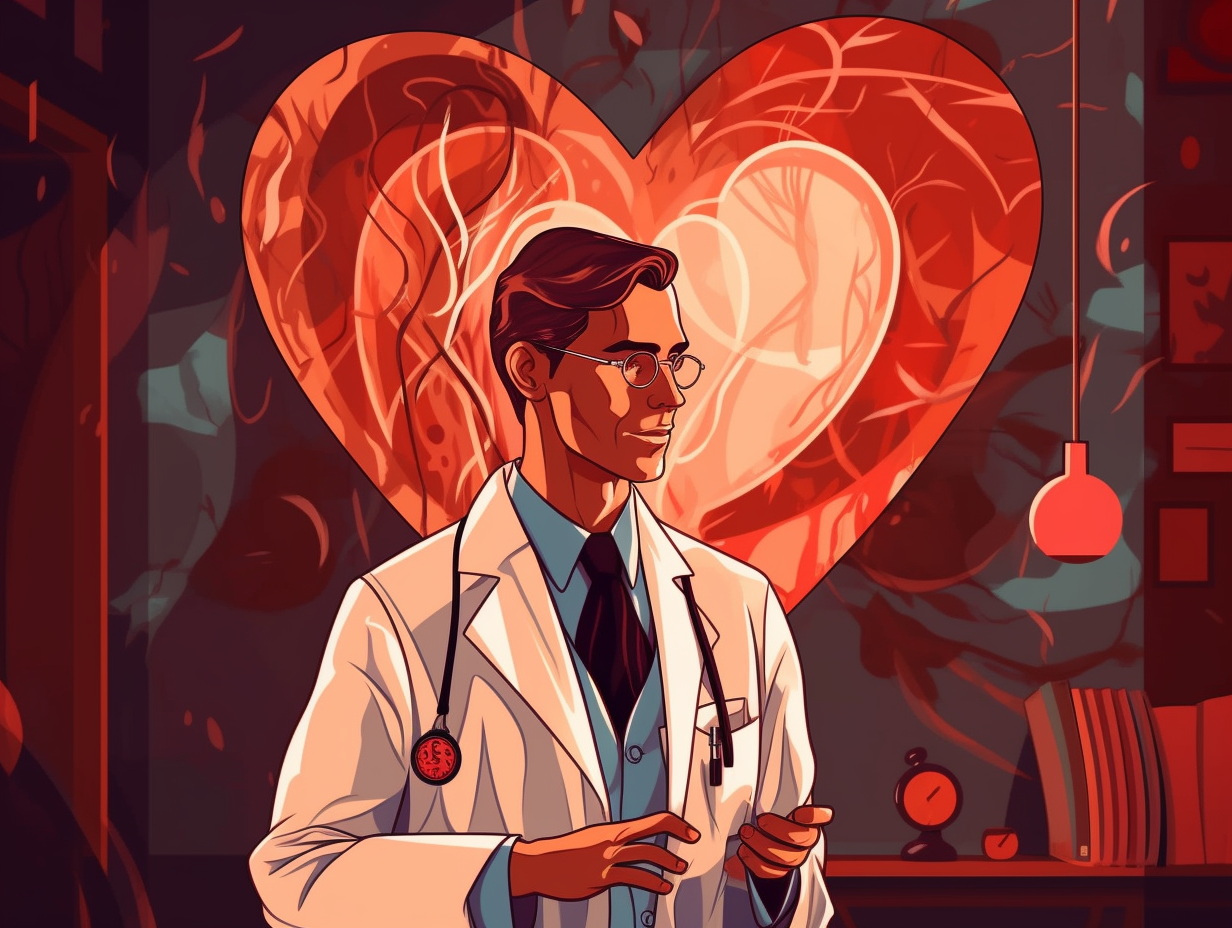
10. Cardiologists: Zen Masters of Breath Control
Who knew heart doctors could moonlight as zen masters of breath control? They say laughter is the best medicine, but sometimes a well-timed cough can save the day: Cardiologists can use vagal maneuvers, such as holding one's breath or coughing, as a non-invasive way to treat certain types of arrhythmias, alongside medications and procedures like cardioversion.
Source => mayoclinic.org
11. Adult Congenital Heart Specialists: Womb-to-Tomb Care
In a world where womb service is replaced by room service, and hearty kids grow up to be grateful adults: adult congenital heart specialists provide lifelong care to those diagnosed with heart issues before they were even born, monitoring for new complications and treating them as they arise, thus helping to avoid the need for urgent interventions and improving outcomes.
Source => yalemedicine.org
12. Genetic Testing: Pruning the Family Tree
As the old saying goes, "An ounce of prevention is worth a pound of cure," and with genetic testing for heart conditions, cardiologists are surely working on the genetic equivalent of a good old family tree prune: Genetic testing can help identify the cause of inherited heart diseases like hypertrophic cardiomyopathy and arrhythmogenic right ventricular cardiomyopathy, allowing cardiologists to determine which specific relatives are at risk and provide preventive care. However, remember that it's a family affair, and not all genetic changes necessarily lead to disease.
Source => ncbi.nlm.nih.gov
13. Cupid's Collaborative Care Program
When Cupid trades his arrows for a stethoscope: German general practitioners and cardiologists have teamed up in a collaborative care program, substantially improving chronic cardiac care and reducing costs. This surprising dynamic duo has achieved better pharmacotherapy guideline adherence, slashed emergency service usage, and cut down on hospitalizations for patients with various heart conditions, all while reinventing the outpatient approach.
Source => ajmc.com
Related Fun Facts

